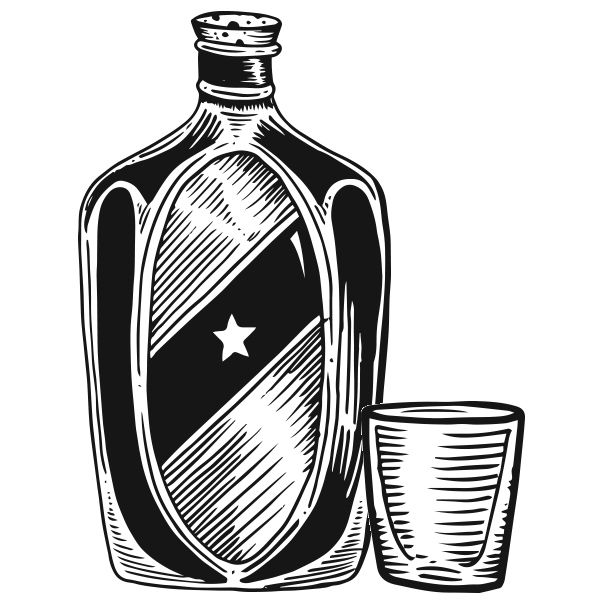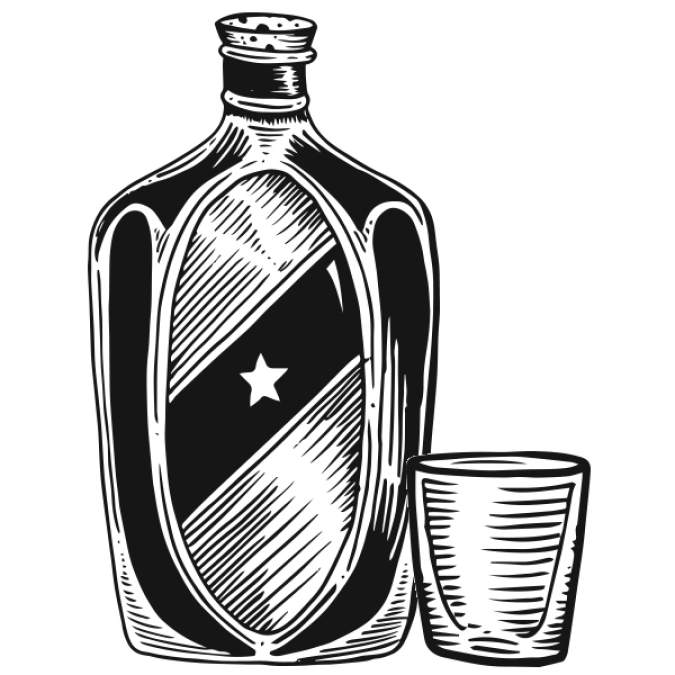Buying booze in Seattle has always been a bit of a hassle. For years you had to deal with state-run stores that kept limited hours and an even more limited selection. Even in our new privatized liquor world, it’s rarely as much fun as you’d like. Plus, bottles are heavy. But a new app, Drizly, has just launched in the city, and it hopes to revolutionize the way you buy alcohol.
The app is as simple as it gets: You place your product order—beer, wine, spirits, or “extras” like bitters, mixers, and even citrus—and the local partner, Seattle’s Downtown Spirits, delivers within an hour. Costs are similar to what you’d pay in a liquor store, though there is a flat $5 delivery fee added. It’s not quite Amazon’s high-tech fantasy of drones flying in your window, but the promised delivery speed, 30–60 minutes, is a big step up from other grocery-delivery services.
Yet the point isn’t just to get booze to people quickly. “Most people assume that this is an app for a late-night party, when you run out of beer,” said Drizly CEO Nick Rellas. “Yet that’s not what we’re finding. People are shopping and browsing during the day, and then getting deliveries in the evening.”
The real question, at least in my eyes, is whether Drizly can bring more to the table (or doorstep) than just convenience. After all, while there are times when getting that bottle of vodka in 30 minutes feels like a must, it seems that for the app to succeed, it’ll need to offer more than just impulse buys. At the moment, it’s mostly just an online listing of a store’s inventory, and while you can sort and filter that inventory several ways, it doesn’t offer the guidance or insight we’ve come to expect from the predictive algorithms behind Amazon or Netflix.
Rellas recognizes this. “The future for Drizly is a better shopping experience,” he told me. “Our focus so far has been reliable, convenient delivery, but with personalization and recommendations, we can rise above the traditional retail experience. There’s a renaissance in alcohol right now, where what you drink is part of your social profile.”
Understandably, Rellas was a bit tight-lipped about how exactly the app is going to provide that personalization, and whether it will be technology-driven or more intentionally curated. My fear is that with the rush to turn over more and more of our purchasing choices to predictive algorithms, we’ll forget that a recommendation comes from more than analyzing the buying patterns of similar consumers. It comes from years of experience and an understanding of a host of variables that no computer can account for, at least not yet. After all, drinking is a social and shared experience for most of us, and while getting that much-needed bottle of wine in 30 minutes might be great, if it turns out that it’s not what goes with your braised short ribs and sauteed kale, how much better off are you?
thebarcode@seattleweekly.com







